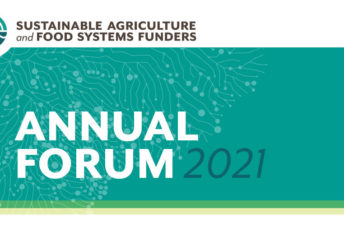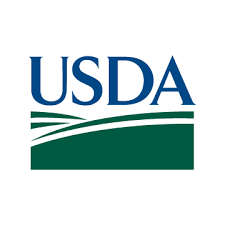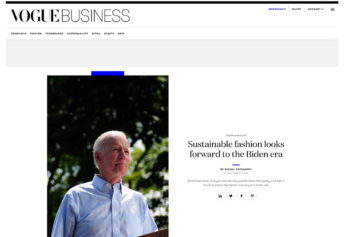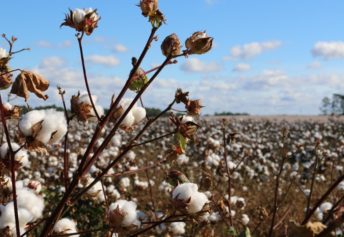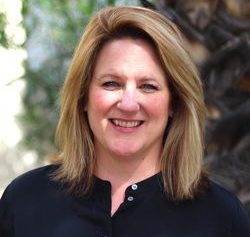Sponsor the 2021 SAFSF Forum!
Your sponsorship of the 2021 SAFSF Forum boosts our power to convene funders across the agriculture and food system spectrum at a critical moment for philanthropy. Forum sponsorship helps us ensure space for new voices from the field, bring new research and expertise, and offer more opportunities for Forum attendees to connect and get to know each other, even in the virtual realm. Reserve your sponsorship by as soon as possible to receive the full benefit of advance promotion of the 2021 SAFSF Forum. All sponsorships must be finalized by April 26, 2021. Contact Renee Catacalos, Senior Director, Membership and…
USDA Recruiting Grant Reviewers
The Agricultural Marketing Service of USDA will soon be opening its RFAs for programs that provide significant funding to nonprofits in your communities. They are recruiting reviewers with relevant knowledge, experience and expertise to help in the review process. Here is the link to submit an application: http://new.grantreviewinfo.net/fy20-usda-amsThe programs and the the tentative review dates are as follows: Acer Access and Development Program (ACER): June 1 – July 3Federal-State Market Improvement Program (FSMIP): June 1 – July 3Farmers Market Promotion Program (FMPP): June 8 – July 15Local Food Promotion Program (LFPP): June 8 – July 15Regional Food System Partnerships (RFSP): June 8 –…
SAFSF Shares Beliefs About Job Postings
SAFSF is always eager to circulate exciting employment possibilities to our network and beyond. We are also eager to make sure our organizational processes are in alignment with our values. To that end, going forward SAFSF will post only those job announcements that include information about salary. Here’s why we’ve made this decision: Providing information about salaries from the get-go indicates that the organization is mindful of salary parity and transparency and helps to establish a foundation for a more trusting and respectful relationship with prospective employees.Imagine you are applying for a new job. Most of us would certainly want to know if the…
The SAFSF Fibers Roadmap: Regenerative Fibers, Regenerative Funding
Like food, fiber crops are part of an interconnected agricultural system that impacts health, social justice, and the environment. These familiar yet often overlooked agricultural products include plant-based fibers like cotton, hemp, and flax and animal-based products like wool, alpaca, and leather. A new report, The Fibers Roadmap: Integrated Capital Opportunities to Support Revitalization of U.S.-Grown Fiber, Textiles, and Leather, examines the interconnected impacts of the current textile industry and the opportunities for funders and investors to be part of the growing revitalization of just and equitable U.S-based fiber production. The Fibers Roadmap, written by Sarah Kelley, Jenny O’Connor, and Calla Rose…
Transitions, Priorities and Opportunities
— Analysis by Traci Bruckner, SAFSF Policy Program Director — The President-elect and Vice President-elect are well underway with their transition. The priorities announced look to provide windows of opportunity for policy ideas that can support a just, equitable and sustainable food and agriculture system. These include: COVID-19 calls for a comprehensive approach to the pandemic, including a renewal fund to assist state and local governments prevent budget shortfalls.Economic Recovery includes assistance for state and local governments, families, main street businesses and entrepreneurs.Racial Equity includes specifically addressing the longstanding inequities in agriculture.Climate Change includes a call for creating jobs in climate-smart agriculture, resilience and conservation. In addition, their agency…
SAFSF Comments on Policy Changes for Sustainable Fashion
On their own, brands can make efforts to be more sustainable, more ethical and more responsible. But it will never be enough to bring the fashion industry’s environmental footprint within science-based recommendations or to ensure adequate wages and working conditions for its millions of workers, argue supply chain experts, environmental and labour advocates, as well as some brand executives. Ultimately, they say, the only thing that can achieve that is legislation. “We absolutely need governments to create more policies to make the apparel industry more sustainable, and beyond sustainable to regenerative. There’s almost nothing out there that requires that,” says…
SAFSF Launches The Fibers Roadmap
SAFSF is excited to announce the release of The Fibers Roadmap: Integrated Capital Opportunities to Support Revitalization of U.S.-Grown Fiber, Textiles, and Leather. This report for grantmakers and investors lays out a seven-year vision for values-based investment and funding needed to support regenerative fiber agriculture and revitalize U.S.-based textile processing and manufacturing. SAFSF has played a leading role in the development of funder interest and information-sharing on the intersections between sustainable agriculture and food systems and fiber systems since 2013, and this report, case studies, and online programming builds on this momentum and proposes pathways forward. READ THE ROADMAP In addition to the Roadmap,…
Food and Agriculture System Wildfire Relief Funds
Last Updated: Friday, October 2, 2020 at 12:00 pm PST In response to the recent wildfires affecting California, Oregon, and Washington, Sustainable Agriculture and Food Systems Funders (SAFSF) is tracking wildfire philanthropic response and recovery funds that focus on the food and agriculture system. This is a dynamic resource. If you know of a fund that is not currently on this list, please contact [email protected]. Feel free to circulate the directory link widely. California CCOF: Organic Hardship Assistance – The Bricmont FundFund information: https://ccof.org/foundation/donate (If you give through the website, send an email to [email protected] to note that your donation…
Winners and Losers
– Analysis by Traci Bruckner, SAFSF Policy Program Director – Public policy picks winners and losers – how a policy is constructed determines who wins and who loses. We see this play out in agriculture policy that supports commodity production. The largest and wealthiest farms are the clear winners – by design. This week, the Government Accountability Office (GAO) released their review of the distribution of the 2019 Market Facilitation Payments (MFP) (also called “trade-aid” payments, the program the Administration propped up on their own, with no input from Congress.) The review was requested by Senator Debbie Stabenow (D-MI), chairwoman of the…
